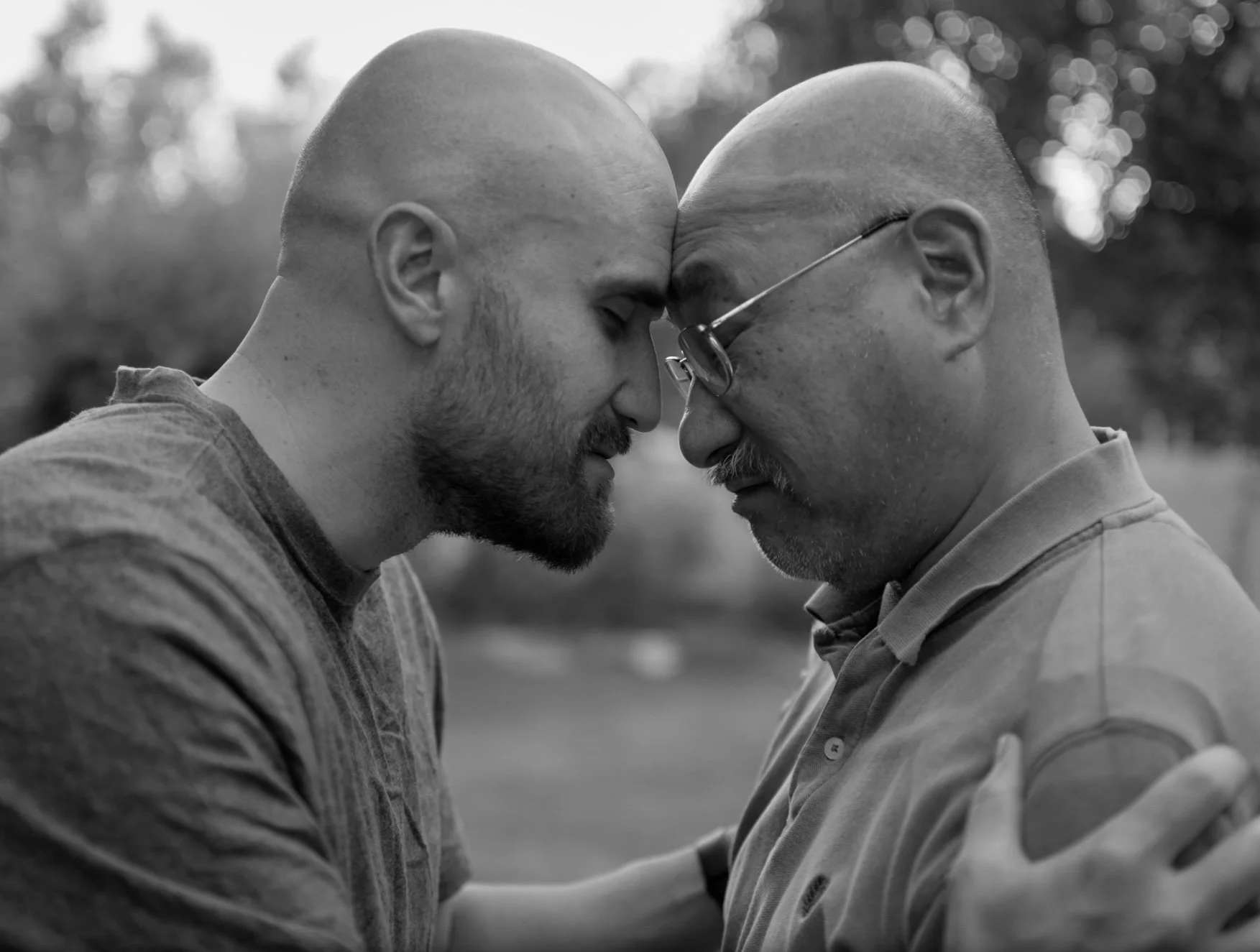Pamana is Power: Know Where You Come from and Unlock Your Potential
In 1980, my father became the first in his family to immigrate to the United States from the Philippines. While much of his lineage remains obscured, we can only trace back a few generations on both his paternal and maternal sides before our family ties dissipate. Our experience of this historical ambiguity is not uncommon; many people struggle to trace their lineage beyond a few generations.
Conversely, on my maternal side, we can almost trace our lineage back to the beginning of time (I jest, but the point stands). Each of us originates from somewhere, someone, and that lineage extends backward through generations.
“When you learn something from people, or from a culture, you accept it as a gift, and it is your lifelong commitment to preserve it and build on it.”― Yo-Yo Ma
The term “Pamana” directly translates to “heritage or lineage” in some of the main dialects of the Philippines. It also conveys the meaning of “legacy,” offering a potent perspective on those who precede us. However, not all of us feel pride in our lineage; some ancestors may have led dishonorable lives. Conversely, others may feel pressure to live up to the legacies of remarkable forebears.
Regardless of our sentiments toward our lineage, understanding our origins can empower us, infusing our lives with deeper purpose and meaning. If our Pamana boasts remarkable individuals, we have a unique opportunity to draw from their strength and continue their legacy. Conversely, if our Pamana is marked by unfavorable people or shame, we possess the power to alter the trajectory of our family legacy and imbue it with strength.
As I grow older, I increasingly value my Pamana. I recognize the sacrifices made by those who came before me—their struggles, triumphs, strengths, and weaknesses—and I strive to learn from their experiences.
Pamana transcends mere lineage; it embodies the essence of lives lived, human experiences, and the timeless connection we share.
In the Asia-Pacific Island region, the term “Mana” denotes spiritual energy inherent in all living beings and the natural world. Mana connects us to each other and to the earth, binding us across time and space.
Imagine a world where each of us knows the names and faces of our ancestors and descendants—a profound realization of our interconnectedness and power. Embracing the Mana of others could revolutionize our relationships, communities, conflicts, and even warfare—both ideological and physical.
Knowledge is indeed power, and the wisdom of our ancestors is a potent force—Pamana is Power. Consider the potential within your own life and relationships.
How might a deeper understanding of your lineage inspire you to overcome barriers and unlock your true potential?
I have a tool used by many leaders and individuals to bridge the gap between their current reality, and their potential. It is a simple yet impactful method that helps you craft an auto-suggestion statement, providing consistent reinforcement for personal growth. Importantly, it is something you can leave behind for future generations.



